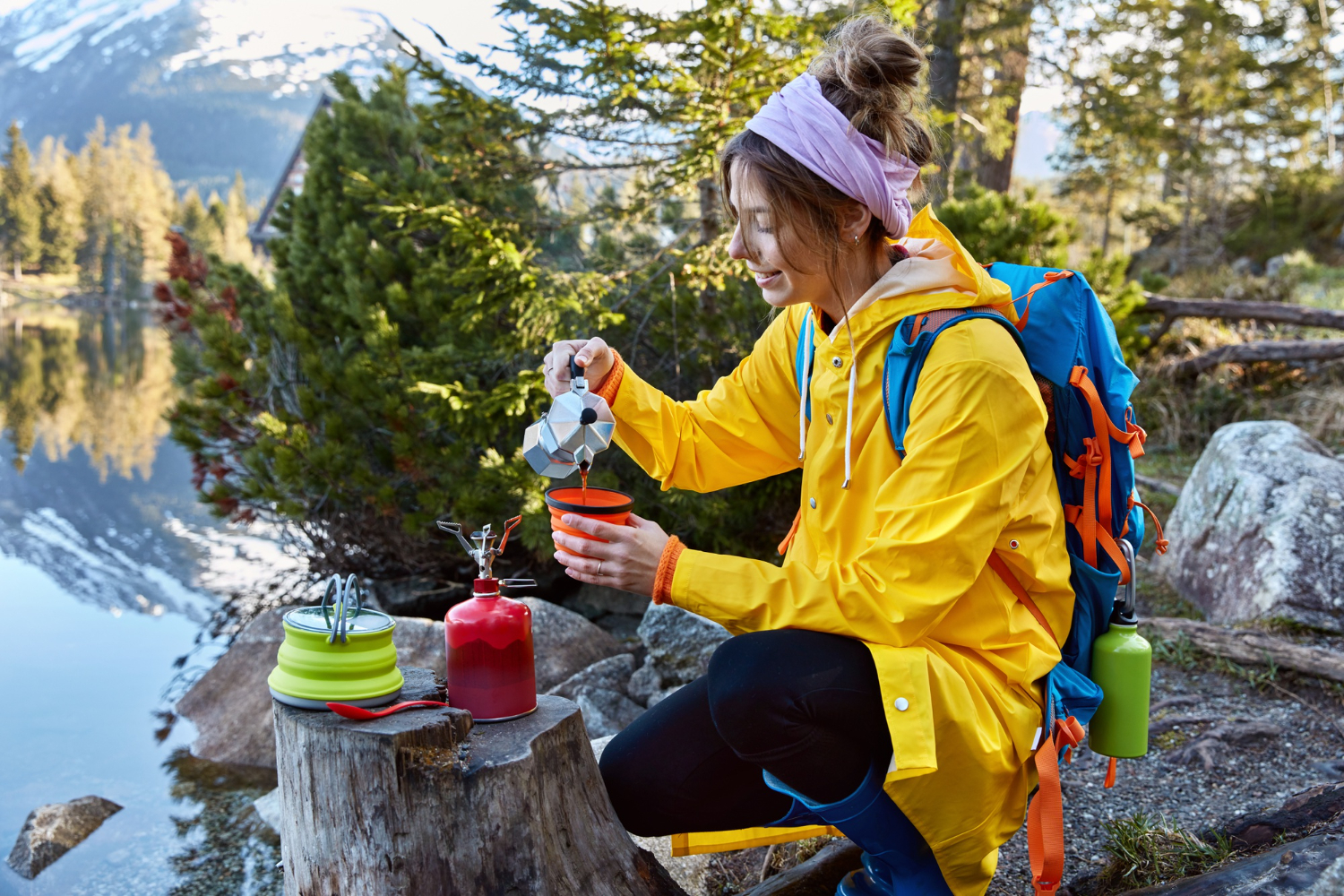Rock climbing and bouldering are a mental and physical game. However, mental strategy can only get you far when your body does not get enough fuel. Understanding the right kind of nutrition can help you climb higher, endure longer, and even recover faster. This comprehensive guide will serve as your roadmap to nutrition strategies for peak climbing performance.
Introduction to macronutrients
When people talk about nutrition, the term ‘macronutrients’ often comes up. These are the nutrients your body needs in larger quantities to function optimally. For climbers, understanding how to consume protein, carbohydrates, and fats properly can be the difference between a successful ascent and a disappointing one.
Protein
Often termed the ‘building blocks of life,’ protein is essential for muscle recovery and improving performance over time.
After a rigorous climbing session, your muscles are essentially in disrepair. Consuming adequate amounts of protein helps in the speedy recovery of these muscles. Besides, protein aids in the production of enzymes and hormones. They are essential for various metabolic processes.
Incorporating balanced protein into every meal can provide sustained energy and stamina. While protein supplements like whey and casein can be beneficial, getting protein from whole foods is usually more advantageous.
Carbohydrates
Carbs often get a bad rap in the world of fitness. Still, when it comes to high-intensity activities like climbing, they are your body’s primary source of fuel. Neglecting carbohydrates can lead to early fatigue and decreased performance.
Complex carbohydrates such as whole grains, fruits, and vegetables provide a slow and consistent energy release. Simple carbohydrates like sports drinks or energy gels can also be helpful. Still, they are better to drink during or just before an activity for quick bursts of energy.
Remember that balance is key. Aim to fill your plate with various carbohydrate sources to ensure you get all the essential nutrients. Timing is critical. You will want to consume carbs before, during, and after climbing to keep your energy levels up and assist in recovery.
Fats
While carbohydrates are a quick energy source, fats are essential for long-term stamina. They are also necessary to absorb specific vitamins like A, D, and K.
Sources of healthy fats include avocados, nuts and seeds, olive oil, and fatty fish like salmon. These provide prolonged energy and contribute to overall well-being. They support brain health, reduce inflammation and maintain hormonal balance.
Be mindful of the types of fats you consume. While saturated fats are not necessarily harmful in moderation, trans fats in processed foods can have adverse health effects.
Micronutrients: The unsung heroes
While macronutrients care for your primary nutritional needs, micronutrients are also crucial for peak performance. Vitamins and minerals play a role in everything from muscle function to bone health to oxygen transport.
Below are a few essential micronutrients that can elevate your climbing game.
Iron
Iron is paramount for carrying oxygen to your muscles, directly impacting your athletic performance. Lack of sufficient iron can result in fatigue, reduced endurance, and compromised climbing ability. Foods like spinach, lentils, fortified cereals, and animal sources like red meat provide abundant iron.
Magnesium
A common issue climbers face is muscle cramping. Magnesium plays a significant role in preventing this unwanted muscle reaction. It plays a role in various biochemical reactions, including the contraction and relaxation of muscles. Whole grains, fish, avocados, nuts, and seeds are high in magnesium.
Calcium
We cannot overstate the importance of bone health in a sport involving significant physical stress. Calcium is vital for maintaining strong bones and teeth. Dairy products are a well-known source, but if you are lactose intolerant or vegan, many fortified plant milks and leafy greens like kale and collard greens can provide this essential mineral.
While you may need them in smaller quantities than macronutrients, micronutrients are essential for optimal physical function. You cannot ignore them in a climber’s diet.
When should you eat?
Knowing what to eat is half the battle; the other half is knowing when to eat it. The timing of your meals can be a critical factor in your performance and recovery.
Before you climb, aim to eat a well-rounded meal 2-3 hours prior. This meal should be rich in complex carbohydrates, moderate in protein, and low in fat and fibre to prevent gastrointestinal discomfort.
Recovery nutrition is also crucial. Post-climb, your body needs to replenish its glycogen stores and repair muscle tissue. Consuming a meal or snack high in protein and carbohydrates within two hours after climbing can significantly aid recovery.
Do not forget the water!
Climbing is a physically demanding sport that can quickly dehydrate you. While the focus is often on food, hydration is an equally important aspect of climbing nutrition.
Dehydration can lead to many problems, including reduced muscle strength, impaired judgment, and increased susceptibility to cramps and injuries. You must adjust your water intake depending on your activity level and the climate conditions. A good rule of thumb is to aim for at least 3 litres per day — more if you climb in hot and dry conditions.
As you can see, neglecting hydration can have severe consequences for any climber. Adequate fluid intake before, during, and after your climb can significantly impact your performance and overall well-being.
Conclusion
Having the right strategy in climbing can undoubtedly place you several holds ahead of your competition. But even the best techniques will not compensate for poor nutrition. A balanced intake of macronutrients and micronutrients, hydration, and meal timing can be your secret weapon for achieving peak climbing performance. So the next time you plan a climb, remember: you are what you eat, so make every bite count!
Do you have any questions? Feel free to reach out to us for clarification. We are here to help guide you through the intricacies of climber’s nutrition for peak performance.
